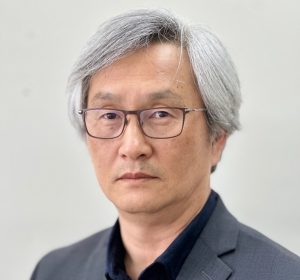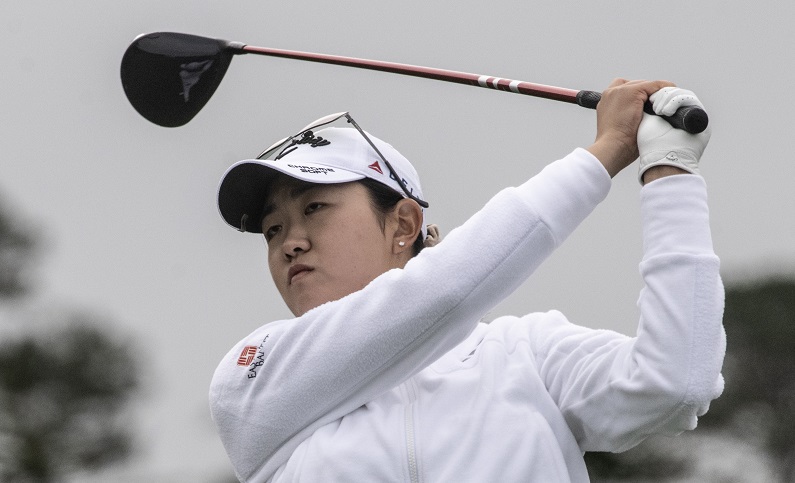
By Dongpil Kim
The author is chief editorial writer of The Korea Daily.
Among the fresh faces debuting on this season’s Women’s Professional Golf (LPGA) Tour, Rose Zhang stands out as one of the most promising talents. Hailing from Arcadia, Southern California, this Chinese-American golfer has already garnered attention and accolades as an amateur. She claimed victory at the 2020 U.S. Women’s Amateur Championship, held the No. 1 spot in the world amateur rankings, and secured back-to-back individual collegiate championships. A Stanford University graduate, Zhang is following in the footsteps of golf legends Tiger Woods and Michelle Wie West.
But Zhang’s star status goes beyond her impressive achievements. After turning pro in May, she made her LPGA tour debut the following month at the 2023 Mizuho Americas Open and remarkably won the tournament. In the history of the LPGA Tour, no player had accomplished such a feat since Beverly Hanson in 1951.
Her triumph was celebrated not only by golf enthusiasts but also by East West Bank, the largest Chinese-American owned bank in the United States, which happens to be one of Zhang’s sponsors. While the bank had been supporting Zhang during her amateur days, they quickly extended their sponsorship when she turned pro, and their faith in her paid off handsomely with a debut victory.
As I watched Zhang’s success adorned with the East West Bank logo, I couldn’t help but think of Korean American professional golfers. The LPGA and PGA Tours boast several talented Korean American players, representing the second-generation of Korean immigrants who grew up in the United States. Although they may not yet have the same level of prominence as their Korean counterparts, they are steadily securing victories on the course.

However, I noticed a significant disparity: Korean American players lack the backing of Korean American companies with logos displayed on their golf apparel or hats. It’s disheartening to witness Korean Americans flourishing in economic power, yet they have not yet produced Korean American corporations who can sponsor Korean American professional golfers. The emergence of a “Korean American conglomerate” supporting these talented golfers could be a pivotal milestone for the Korean American community.
Korea-born global companies spend a lot of money on golf marketing. Hyundai and CJ Group host the PGA Tour’s Genesis Open and CJ Cup every year, and Lotte and other companies host LPGA events. Yet they seem reluctant to sponsor Korean American professional golfers. Perhaps, they perceive the sponsorship as a publicity investment, and only reserve it for players directly from Korea who align with their stardom standards.
Nonetheless, we should recognize that Korean American golfers competing in the LPGA and PGA Tours are indeed world-class athletes, capable of winning at any moment. Their potential and talent warrant serious consideration and investment from Korea-born global companies, with a focus on the future of the sport.
I sincerely hope this reluctance is not a reflection of indifference towards the Korean American community. I’ve heard plausible explanations from Korean businesspeople in the past. To summarize their perceptions of the Korean American community, there were three perceptions: 1) “Being close to the Korean American community will only get Korean companies into trouble, not help Korean companies,” 2) “We are spending our marketing dollars on the size of the Korean American market in the United States,” and 3) “We are aiming to be a global company, so why bother….”
However, perceptions seem to be evolving. More companies now acknowledge the value of the Korean American market, using it as a “test market” for their entry into the broader U.S. mainstream market. Additionally, the Korean American community serves as a valuable source of labor supply for some Korean enterprises aiming to expand nationwide in the United States.
It would be a proud moment to witness Korean American golfers lifting championship trophies adorned in golf apparel donning logos of Korean companies. Such a sight would symbolize a meaningful relationship between the Korean American community and Korean corporations, fostering mutual growth and success.




